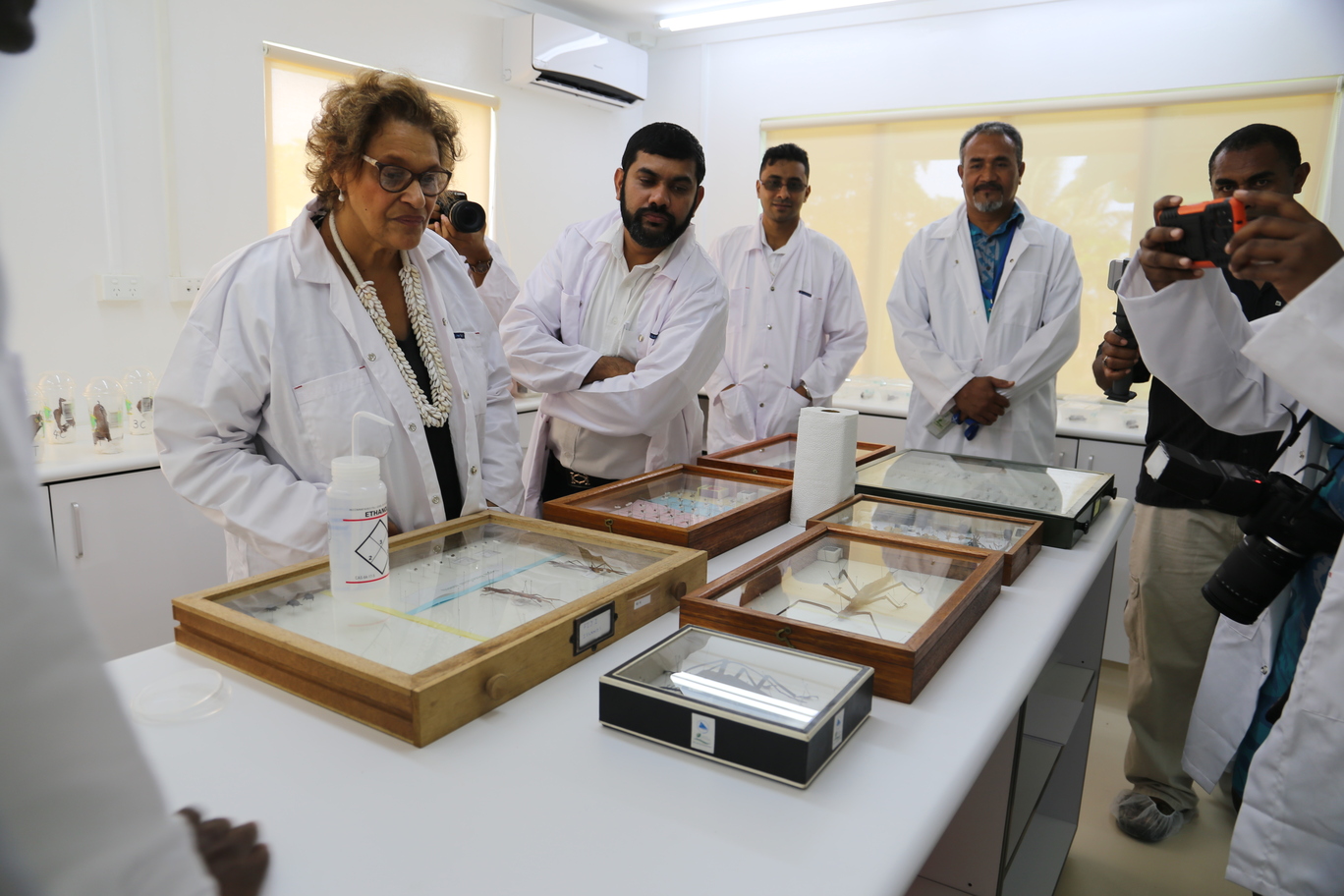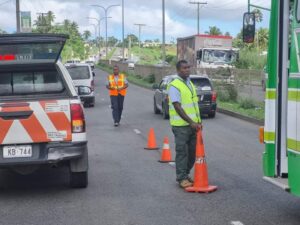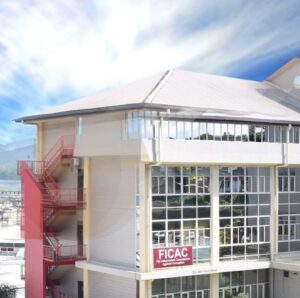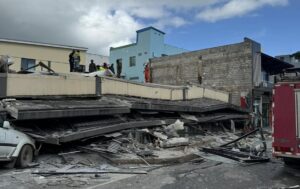Country members of the Pacific Community (SPC) will benefit from a high-tech lab opened today in Fiji set to bolster regional capacity in pest and disease diagnosis as well as support food security amidst the climate crisis.
The first of its kind in the Pacific, the Plant Health Laboratory Biosecurity Containment Level 3 accredited facility in Narere, a 15-minute drive from Fiji’s capital city Suva via the King’s Roads, will provide pathology, entomology and biological control services to Pacific countries, allowing them to develop controls for emerging biosecurity threats, including pests and diseases.
SPC Deputy Director-General Dr Audrey Aumua said the lab will have a huge impact on the lives and food security of the Pacific.
“The challenges of a food secure future continue to grow, and as they do, this centre will ensure they are met with forward-thinking expertise and solutions-oriented ethic rooted in our Pacific communities,” she said.
“These events increase the vulnerability of our Pacific farmers. And in addition to pests and disease, our communities are also facing the often-devastating effects of climate change. Too often, these threats are answered with a move towards the use of harmful pesticides and chemicals.
“As the lab launches and grows, SPC will look to a future of upgrading its output capacity and expanding it into a regional centre of excellence in Pest and Disease diagnostics and management.
Dr Aumua added the estimated damage from invasive species totalled more than $1.4 trillion or five per cent of the global economy.
The lab is funded by the Australian Government through the Australian Centre for International Agricultural Research and the University of Queensland.











